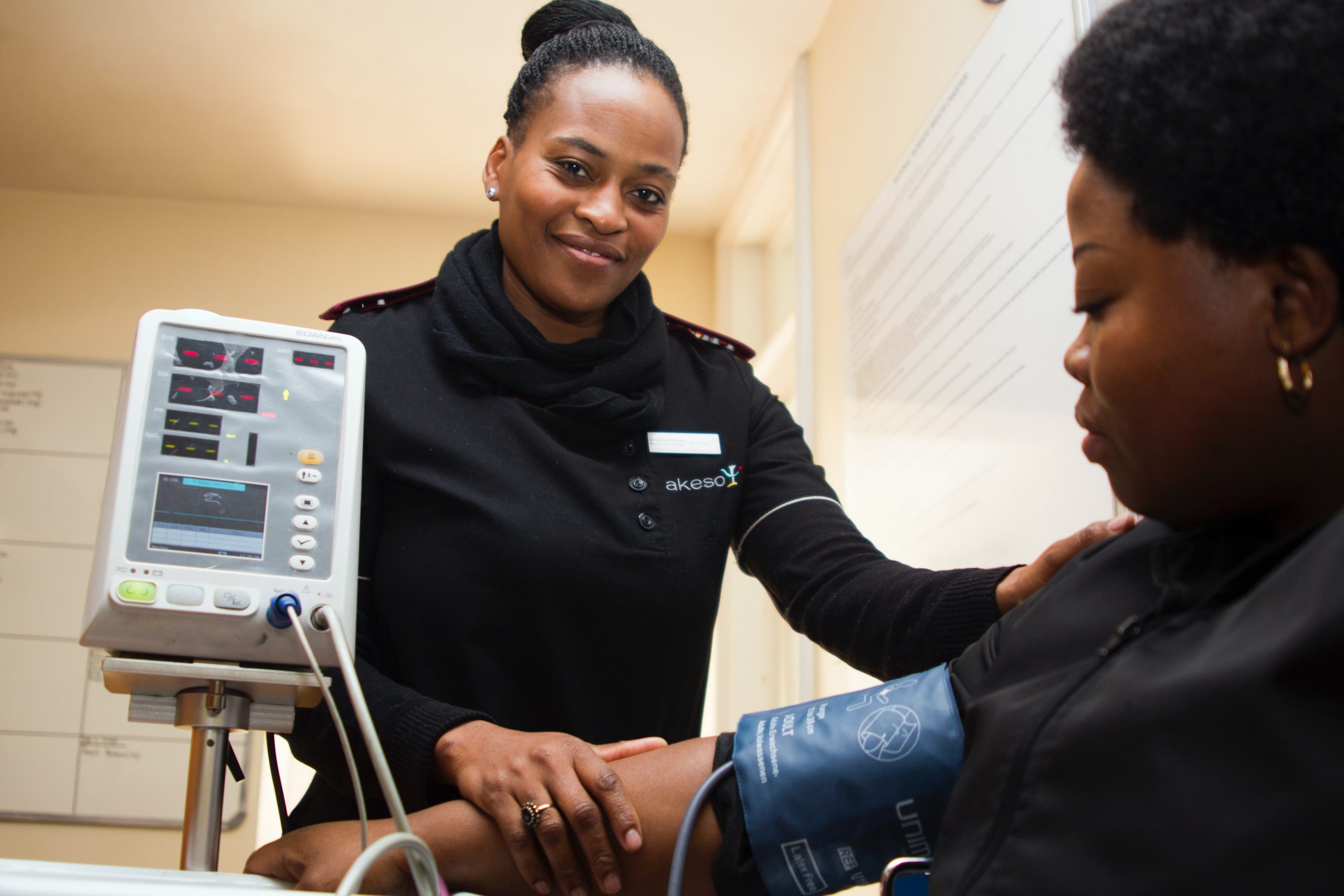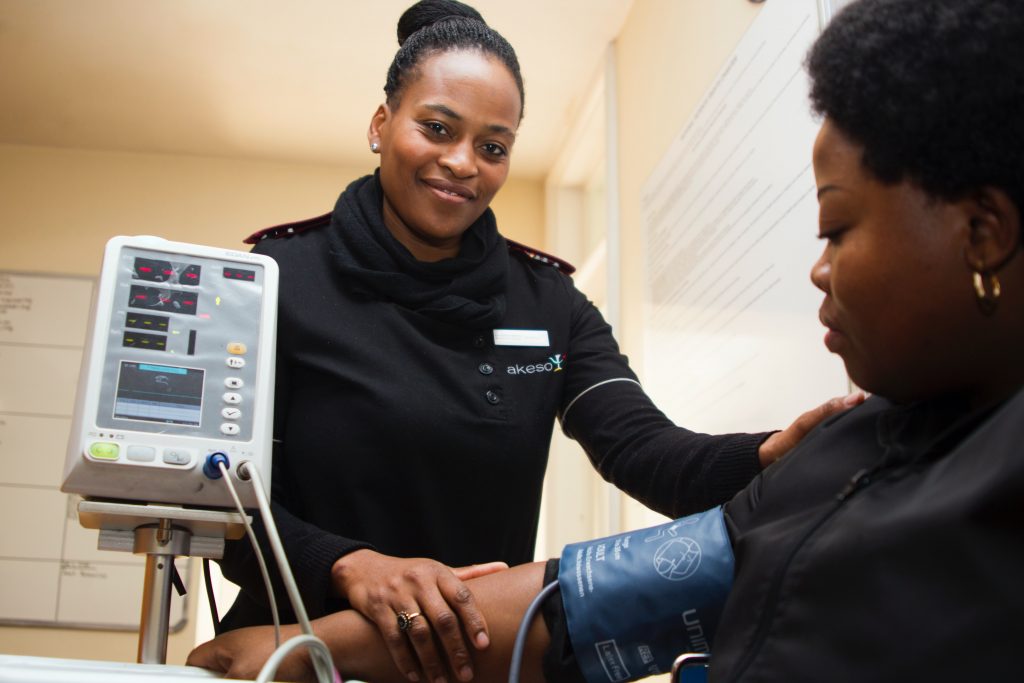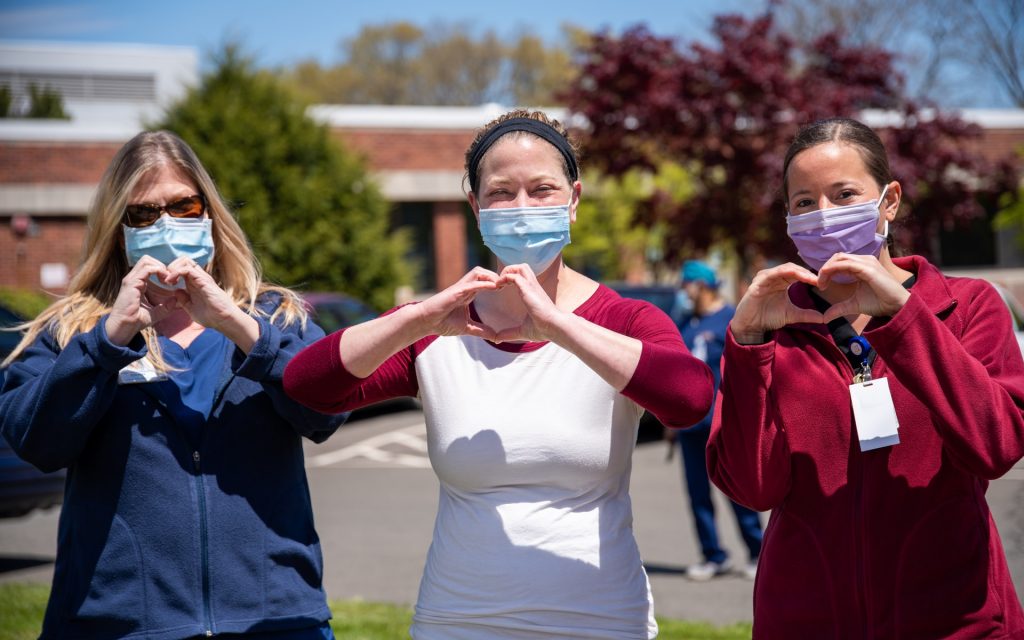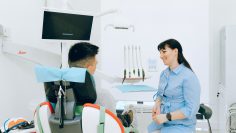
6 Essential Medical Supplies Nurses Should Always Have At Their Disposal
It’s no secret that nurses have one of the most important jobs in the world. They are on the front line, providing vital care to patients who need it the most. Nurses are often understaffed and overworked, but they never give up. That’s why it’s so important for nurses to always be prepared for anything. One of the best ways to do this is by having a comprehensive medical supplies kit at their disposal. We will discuss six essential medical supplies that every nurse should have and the tips on how to use these supplies effectively to provide the best possible care for your patients.

1. Tracheotomy Equipment
Tracheotomy is a procedure that is performed when a patient cannot breathe normally on their own. In this procedure, a small incision is made in the neck and a tube is inserted into the trachea (windpipe). This tube helps the patient to breathe and also prevents fluids from entering the lungs. These tracheostomy supplies should always be readily available in case of an emergency. For example, if a patient is having a heart attack and their airway is blocked, a tracheotomy can be performed to save their life. Additionally, if a patient is in a car accident and their airway is blocked, a tracheotomy can be performed to ensure that they can breathe until emergency medical services arrive.
2. Alcohol-Based Hand Sanitizer
One of the most important things you can do to protect yourself and your patients is to practice good hand hygiene. This means washing your hands regularly with soap and water or using an alcohol-based hand sanitizer. Alcohol-based hand sanitizers are more effective at killing germs than soap and water, so they are a great option for nurses who are on the go. Be sure to use a hand sanitizer that contains at least 60% alcohol and keep it within easy reach so that you can quickly clean your hands when necessary.
3. Disposable Gloves
Another way to protect yourself and your patients is to wear disposable gloves when you are in contact with them. Disposable gloves will help to prevent you from coming into contact with any bodily fluids or other contaminants that could make you sick. Be sure to dispose of your gloves after each use and wash your hands thoroughly. Additionally, it is a good idea to keep a box of disposable gloves in your medical supplies kit so that you always have them on hand.
4. Face Masks
Face masks are another important piece of personal protective equipment (PPE) for nurses. They help to protect you from respiratory droplets that could contain viruses or bacteria. Face masks also help to protect your patients from you, in case you are sick and don’t yet know it. It is important to wear a face mask whenever you are in close contact with a patient, such as when taking their vital signs or providing personal care. Be sure to dispose of your face mask after each use and wash your hands thoroughly. Additionally, it is a good idea to keep a box of face masks in your medical supplies kit so that you always have them on hand.
5. Protective Equipment
Goggles are another important piece of PPE for nurses. They help to protect your eyes from respiratory droplets and other contaminants. It is important to wear goggles whenever you are in close contact with a patient, such as when taking their vital signs or providing personal care. Be sure to dispose of your goggles after each use and wash your hands thoroughly. Protective clothing, such as gowns and aprons, is another important piece of PPE for nurses. It helps to protect you from coming into contact with any bodily fluids or other contaminants that could make you sick. Be sure to dispose of your protective clothing after each use and wash your hands thoroughly.
6. Medications
There are a variety of medications that nurses need to have on hand in order to provide the best possible care for their patients. These medications can be used to treat a wide variety of conditions, so it is important to be familiar with them. Some of the most common medications that nurses need to have on hand include painkillers, antibiotics, and anti-nausea medications. Additionally, it is a good idea to keep a list of all the medications you have on hand in your medical supplies kit so that you can quickly and easily find what you need when you need it.

These are six of the most essential medical supplies that nurses should always have at their disposal. By having these items on hand, nurses can provide the best possible care for their patients and help to keep themselves safe.










